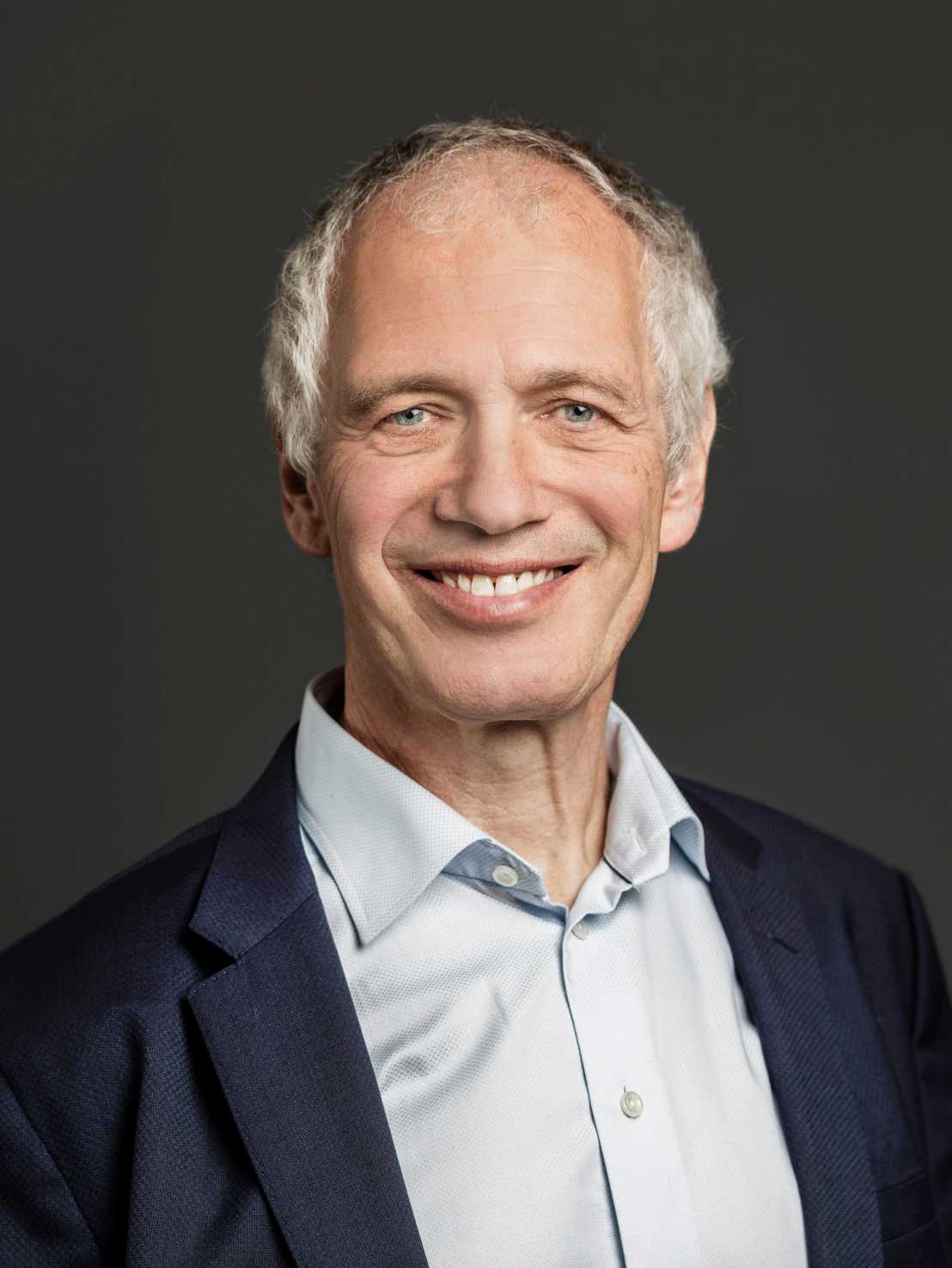Nuclear energy and rock climbing
Horst-Michael Prasser has been a professor of nuclear energy systems at the Department of Mechanical and Process Engineering (D-MAVT) since 2006. At the end of January 2021, the dedicated "Kerni", as he calls himself, will become emeritus.

After 14 years, your time at D-MAVT is coming to an end. What were your most exciting projects at ETH Zurich?
The work on coolant flow in boiling water reactors. We built test rigs that later helped to solve serious problems in the operation of our nuclear power plants. It was always exciting to see what our flow imaging techniques delivered. It was always a little bit like "pictures of the dark side of the moon." The slamming of droplets into the thin liquid film that still safely cools the reactor, but also the drying out of that film when the power is ramped up too high. We could do all that in the lab. To do so, we brought 40 liters of chloroform to a boil so that we could work at lower pressure and with smaller heating powers than in an actual reactor, and that in itself was a bit of an adventure. We managed to observe the flow with an X-ray device.
What in your work did you enjoy the most on a personal level?
I have the most fun when I get to participate in experiments directly, and I like to code all kinds of software. I tried to spend time in the lab with my people as often as possible. The collaborative work in the lab was always very productive, and it’s exciting when something works out for the first time. In addition, I also enjoyed giving lectures.
What situation from your working life will you always remember?
A momentous event, albeit unfortunately not a positive one, was the nuclear disaster in Fukushima. After the explosions in the buildings of the reactor I realized immediately that there was a core meltdown happening. We knew how such accidents progress. After all, as a laboratory head at PSI, I had a research group called "Severe Accidents.". In my very first interview, however, I still hoped at that time that the operator would be able to mitigate the consequences of the accident by feeding in water from the emergency system. The next day, I learned that the plants had no separate and protected emergency systems, the likes of which had been installed in all our Swiss nuclear power plants a long time ago. This information came as a shock to me. In the coming days, all I could do was comment in various broadcasts and interviews on how the situation was getting worse by the day.
I also won’t ever forget one of our laboratory excursions: A guest from Japan, a postdoc who is now a professor in his home country, had overturned his kick scooter on a downhill track in Melchsee-Frutt. Luckily, he survived. A friendly truck driver brought him down to the valley with his dented scooter, and the rest of the troop rolled down in depressed silence. Once we got there, he was already back on his feet. With his bandages he looked like an Egyptian mummy, but he could laugh, and so could we.
What will you miss most after you retire?
The enthusiasm of my students and especially the doctoral students. I always worked with great people, because you only study nuclear energy if you know exactly what you want to do. All my students were highly motivated and – possibly due to their motivation – highly productive and creative. By the way: The nuclear master has a higher percentage of women than all other master programs at D-MAVT.
What should young scientists definitely do?
Enjoy science and research, be curious. Young scientists should be guided by their interest and their passion for research. Their career will then take off all by itself. And, they should go out into nature: I'm a climber, I hike a lot, and I learned to ski in Switzerland. Whenever I can, I ride my bike to the PSI. I can only recommend being physically active to everyone.
What are your plans?
More climbing, more hiking, more cycling. There is no lack of incentive from my wife. We are a dream team - she likes to hang with me on rock walls in the mountains and she can ski very well, while I try to keep up.
Then I also want to tinker a bit and do handicrafts, of course at the highest possible level. I think I can develop my measurement techniques for flow experiments even further and there is a lot of electronics involved. Who knows, perhaps I can put something on the market. But I want to approach this in a relaxed way. Of course, I want to keep in touch with ETH Zurich, because the training and research on nuclear energy will continue; maybe I can help here and there. At PSI, I built a deuterium-plasma fusion neutron source with my people for measurements and tomographic imaging. Now that it is running well, I would like to help with experiments. If someone wants to invite me to give a talk on nuclear energy, I don’t have to be asked twice. I am and will remain a so-called "Kerni" - in English it would be something like a “Nukie” - and I think for good reason.
What should not be missing from your desk in the future?
An oscilloscope and a soldering iron, and some climbing guides within reach.
Prof. Dr. Horst-Michael Prasser (65)
Professor of Nuclear Energy Systems
Institute of Energy and Process Engineering/Laboratory for Nuclear Energy Systems
At D-MAVT: 2006-2021